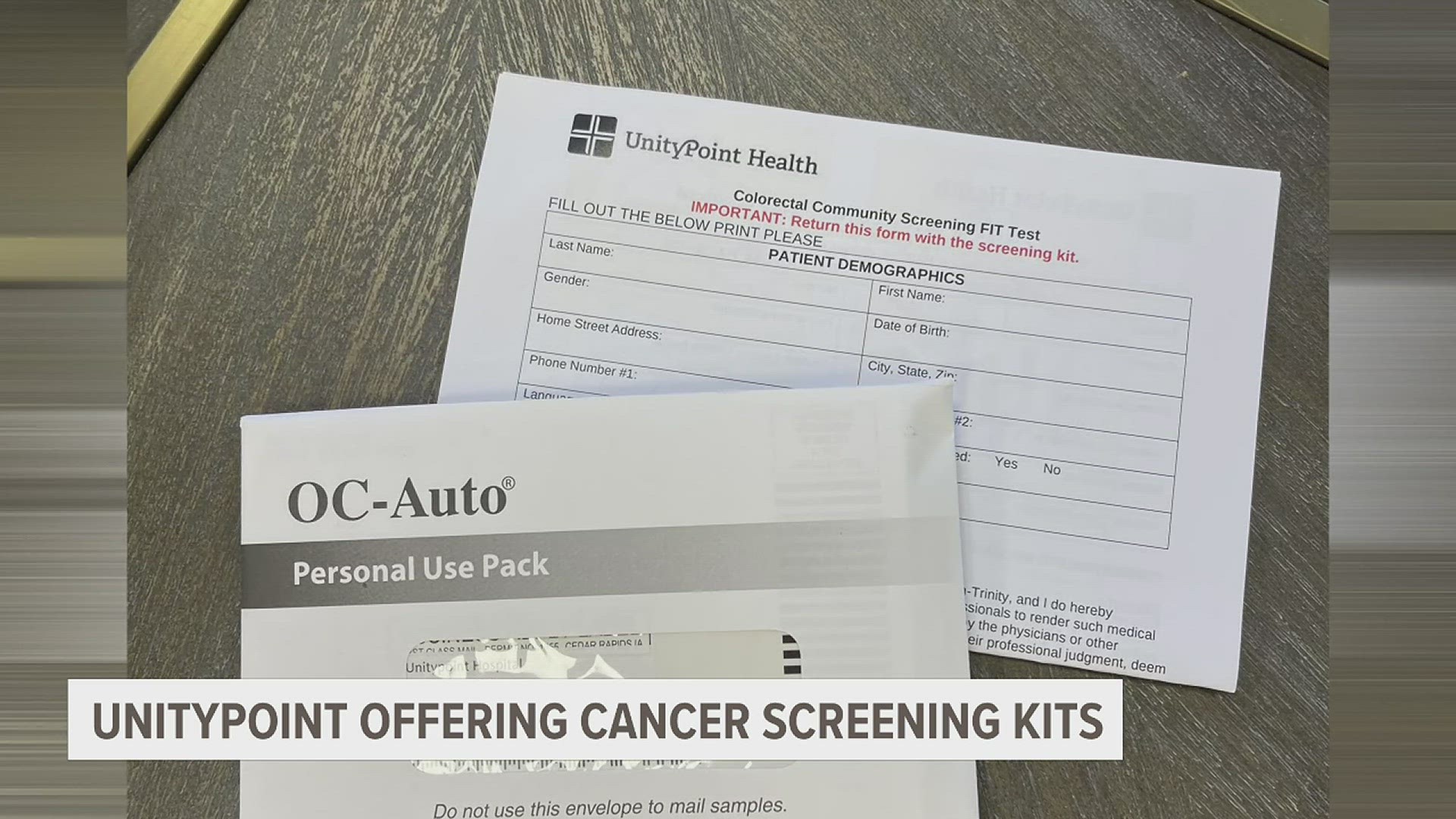DES MOINES, Iowa — In the 1990s, colorectal cancer was the fourth-leading cause of cancer death in women and men younger than 50 years old.
Now, it’s the second leading cause of cancer death for women and the leading cause of cancer death for men in that age range, according to a 2024 report from the American Cancer Society.
"We don't have all the answers as to why we're seeing it younger and younger. But it is true, we are seeing it younger," said Dr. Jennifer Beaty, a colon and rectal surgeon and the associate dean of student advancement and medical education at Des Moines University.
Beaty said there are many factors that could be causing more frequent cases in younger patients, like ultra-processed diets or genetics.
"When we're under 45, and we're having symptoms, I don't want the message to be, 'Wait till 45, you're too young, you're too young for colorectal cancer,' because you're not, you are at risk for colorectal cancer," Beaty said.
Common symptoms of colorectal cancer include bleeding with bowel movements, a change in bowel movements, anemia, loose stool, stomach pain or unexplained weight loss.
"The most important thing is to recognize if you have a symptom, you can't be silent about it, you have to discuss it with your physician, your PA, your nurse practitioner, whoever's taking care of you so that the symptom can be evaluated," Beaty said.
As rates for colorectal cancer in younger patients grow more, future physicians like Laura Campbell, a fourth-year medical student at DMU, know the importance of continued awareness.
"I think it's a hard topic to broach, especially as a young person, you don't want to talk about those things that might not come up easily in conversation," Campbell said.
But as it's discussed more, Campbell thinks shame and stigma will minimize.
"I think as we talk about it, more people will become more comfortable bringing those things up and recognizing that if you have a symptom or a change, it's okay to talk about it,” Campbell said. “It might not mean there's something scary and bad going on, but at least you can get it looked into and not be scared about it anymore."
The most common screening method for colorectal cancer is colonoscopy.
In 2021, the US Preventative Services Task Force recommended screenings begin for adults at age 45, rather than the previous standard of 50.

